In this article
View 4 More +Medical cannabis has garnered significant attention and momentum in the human medical field. In people, it has been used to treat chronic pain, anxiety, skin conditions, migraines, dementia, and other ailments. The rise of medical cannabis and CBD oil in human medicine has triggered a similar interest in the veterinary sphere.
As a practicing veterinarian, I have certainly observed more and more cat owners asking questions about this proposed wonder oil. Can CBD oil be used in our pets? Is it safe? Does it work? Do they get high? The short answer is this: it probably works, and it’s probably safe, but more research is needed. Read on to find out more!

What Is Medical Cannabis?
Most cat-friendly medical cannabis products exist as CBD oil, though you may see other forms (such as capsules) on the market. There is an important difference between regular marijuana and medical cannabis for cats: THC content. THC is just one active chemical in the cannabis plant, but this is the chemical that is psychoactive; in other words, this is what makes people “high”.
Cannabidiol is another active chemical produced by the cannabis plant; however, it is not psychoactive, so it will not produce the same high as THC. Cannabidiol is the primary component of medical cannabis products such as CBD oil.


Uses for Medical Cannabis
Because the endocannabinoid system is located within the brain, most of the uses of CBD oil in cats relate to pain and neurological diseases.
- Inflammation. CBD oil may work well, in conjunction with common anti-inflammatory medications, to reduce inflammation.
- Chronic pain from osteoarthritis. This is probably the most well-researched and understood use of CBD oil in pets.
- Seizures and epilepsy. More research is needed, but CBD oil may be able to reduce the reliance and/or dosages of common anticonvulsant
- Anxiety. Cats that suffer anxiety, chronic stress, and other behavioral disorders may benefit from CBD oil.
- Nausea reduction
- Appetite stimulation
- Cancer. There are a couple of anecdotal case reports of CBD oil shrinking different tumors in pets.
How Is Medical Cannabis Given?
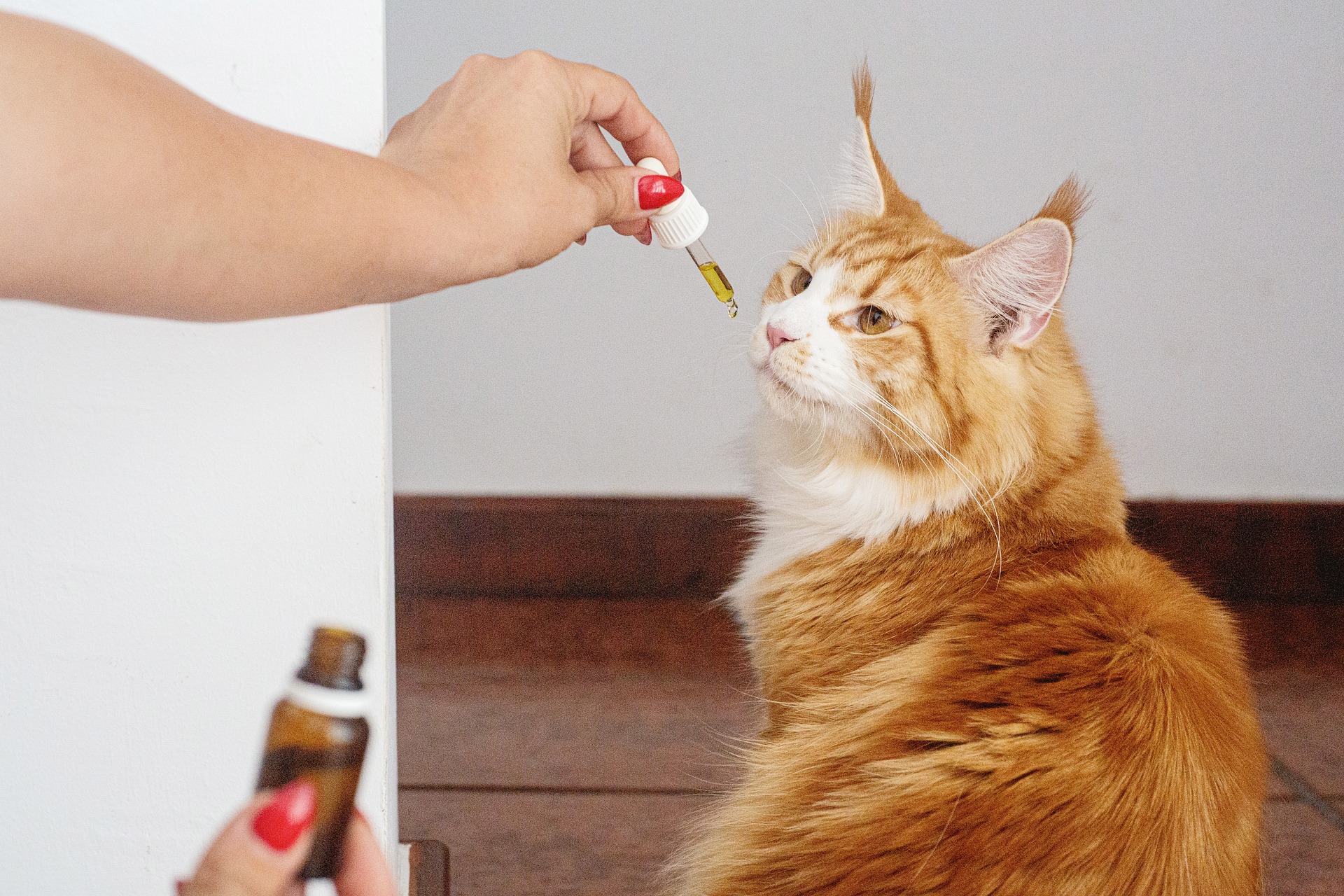
Medical cannabis products are given orally as either liquid (CBD oil) or capsules. Some topical formulas may become available. For most conditions, medical cannabis will need to be given daily. Inhalation and injection are not safe or viable routes of administration for cannabis in cats.
- Weight of cat
- Formula or product being used
- Condition being treated
- Anticipated length of treatment
- Response to treatment
Always discuss the dose of medical cannabis with a veterinarian. We do not recommend buying a product online and commencing treatment without veterinary guidance.
Need veterinary advice but can't get to the clinic? Catster recommends PangoVet, our online veterinary service. Talk to a vet online and get the answers and advice you need for your cat without having to leave your living room — all at an affordable price!

What Happens If You Miss a Dose?
If you miss a dose, do not give a “double dose” when the next one is due; just resume the normal dosing.

Potential Side Effects of Medical Cannabis in Cats
While generally considered a “safe” medication that is well tolerated by cats, there are a few potential side effects associated with the use of medical cannabis:
- Vomiting, diarrhea, and loss of appetite
- Wobbliness and swaying (usually associated with medical cannabis overdose)
- Headshaking
- Increased licking and grooming
- Interference with metabolism and absorption of other drugs
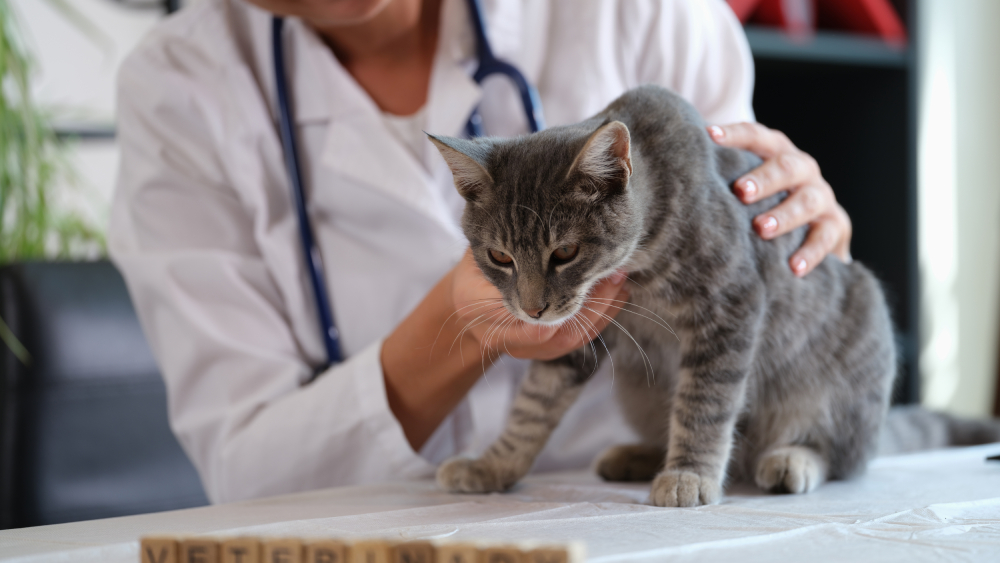

Frequently Asked Questions
1. Is It Legal?
The answer to this question is not straightforward. In essence, if you and your vet go about things the right way, using CBD oil for your cat is legal. This involves the vet examining your cat for a specific condition and deeming CBD oil an appropriate treatment option. They must then prescribe a cannabis product that has been quality tested and proven to contain a high percentage of Cannabidiol and a very low percentage (less than 2%) THC.
Obtaining “black-market” CBD products is illegal and carries certain risks.
2. Is It Safe?
Although there are no FDA-approved CBD products for pets (as is the situation in many countries), medical cannabis is generally considered safe. However, more research in this area, including long-term studies, is still required. Medical cannabis should be used judiciously, as side effects are possible. In general, it is best to “start low and go slow”—begin with low doses and gradually work upwards if necessary.
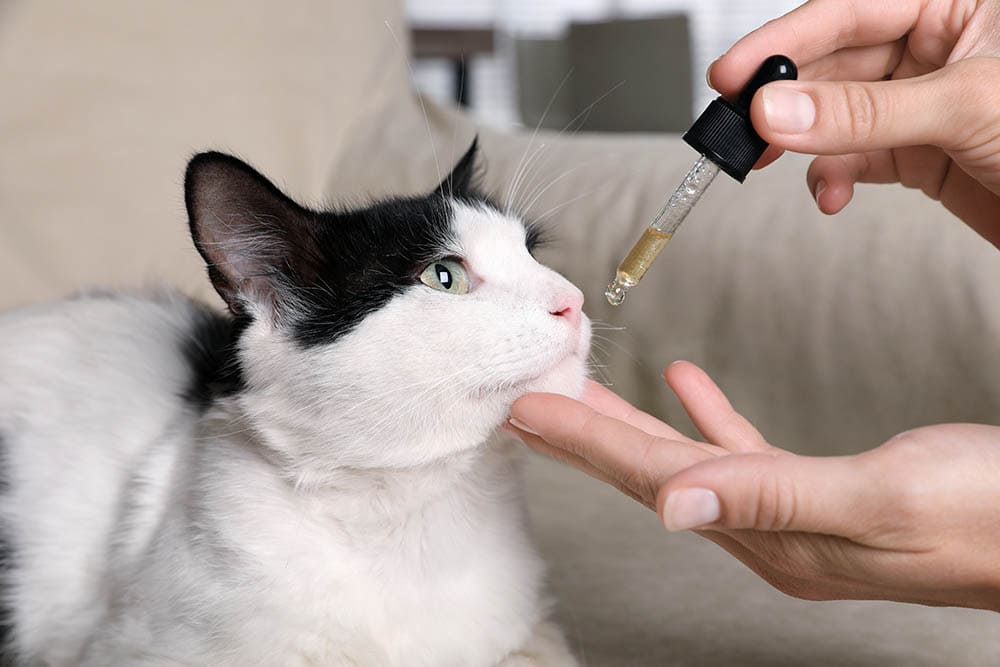

Conclusion
CBD oil appears to be a promising plant-based medication with a range of benefits. Its use in managing arthritis and chronic pain in dogs is fairly well understood. It is likely of significant benefit for arthritic cats, too. The use of CBD oil for seizures, anxiety, cancer, and skin conditions in pets still requires more research.
Always consult your veterinarian before commencing oral CBD oil therapy, and always use pet-grade products. While it may not be the “be-all-end-all”, CBD oil may well prevail as a useful tool in comprehensive treatment plans for our feline friends.
Featured Image Credit: Lightcube, Shutterstock
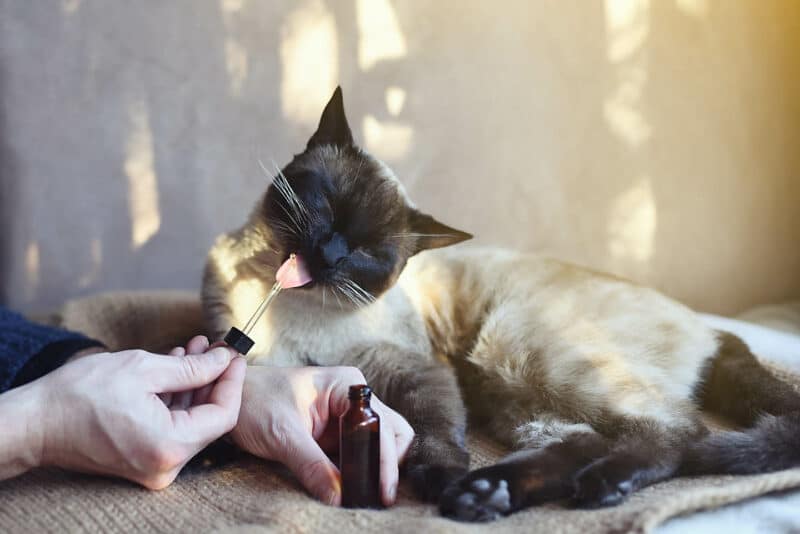

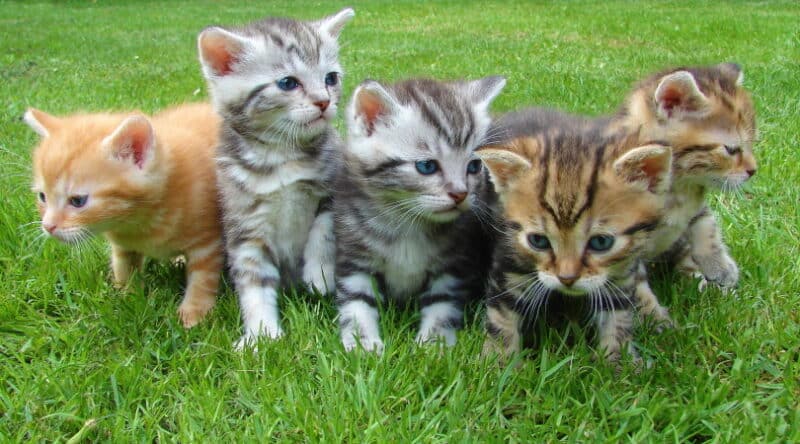

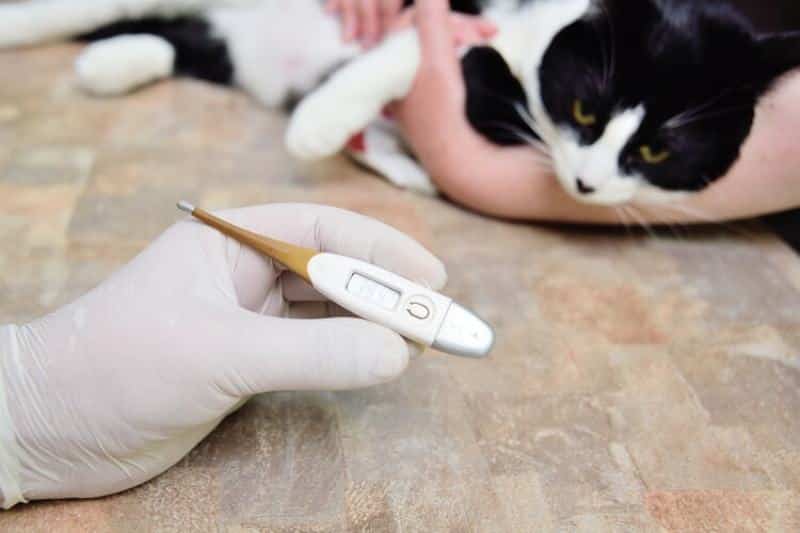
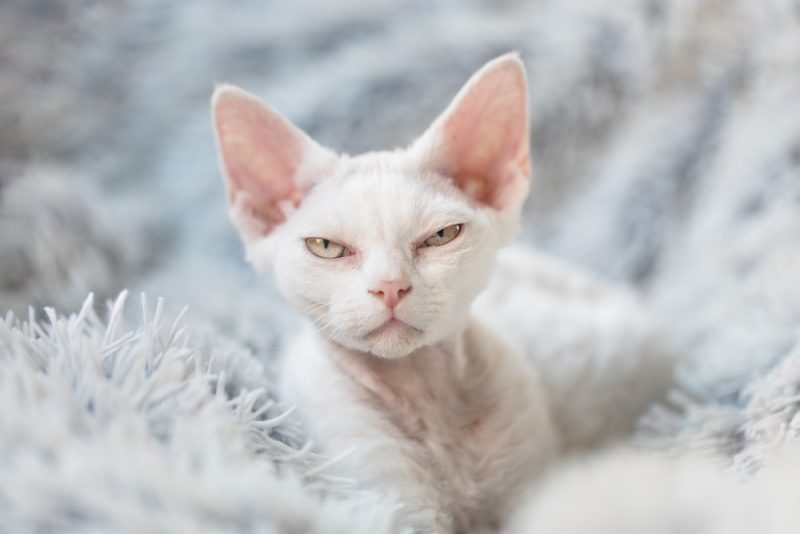
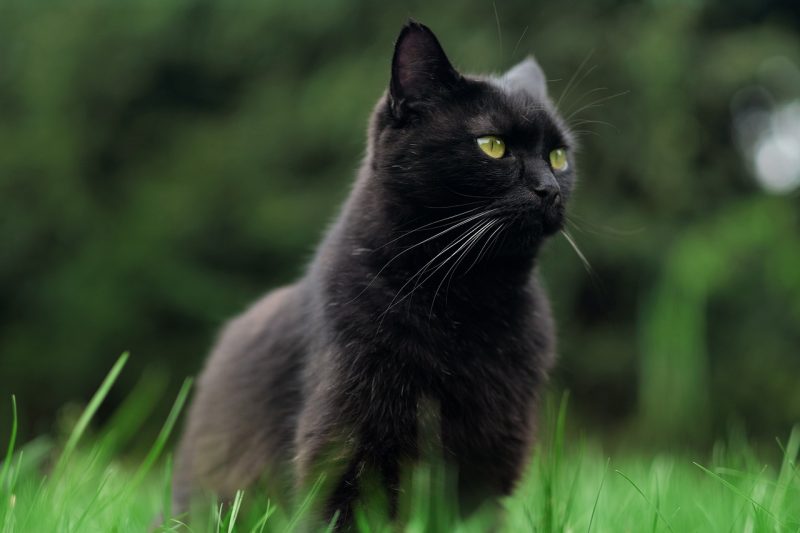
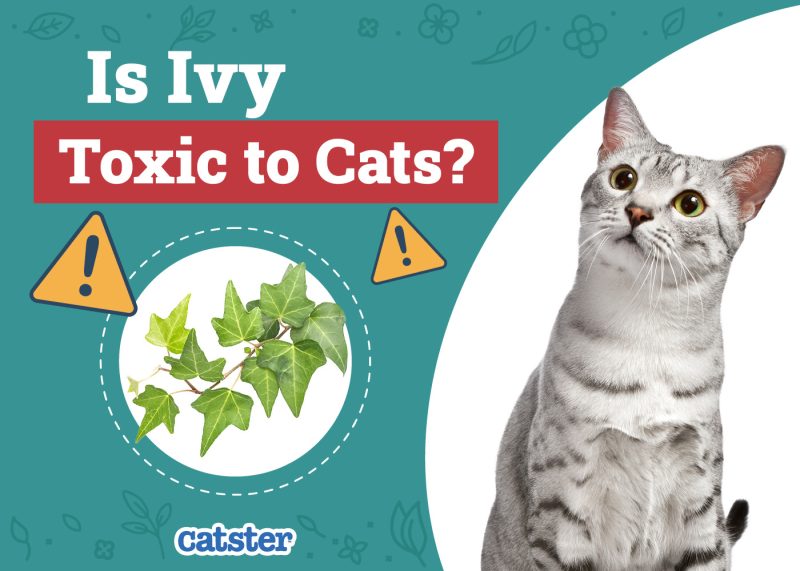
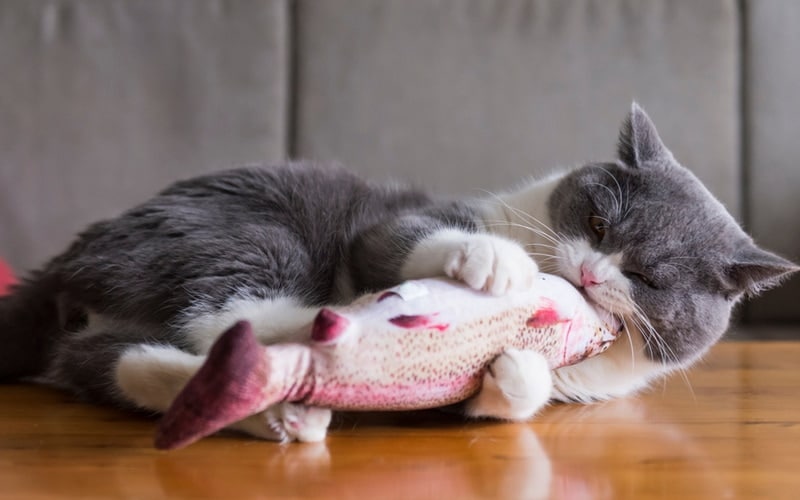
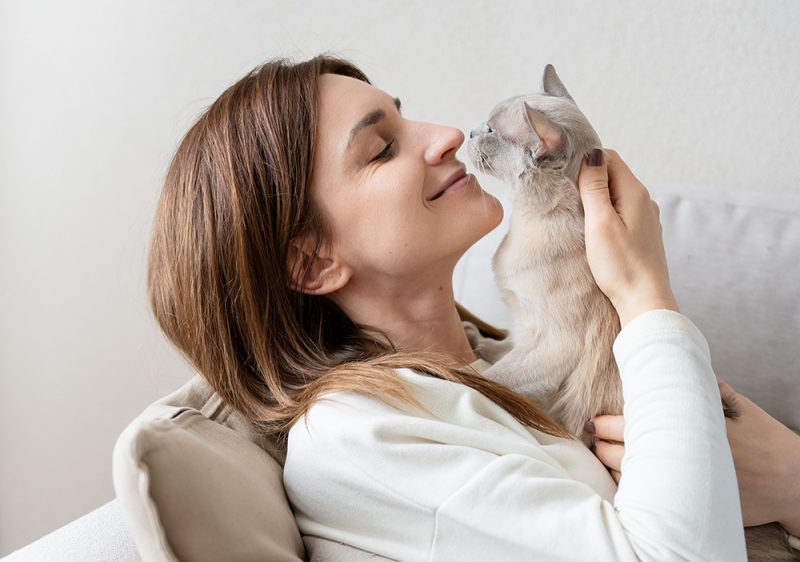
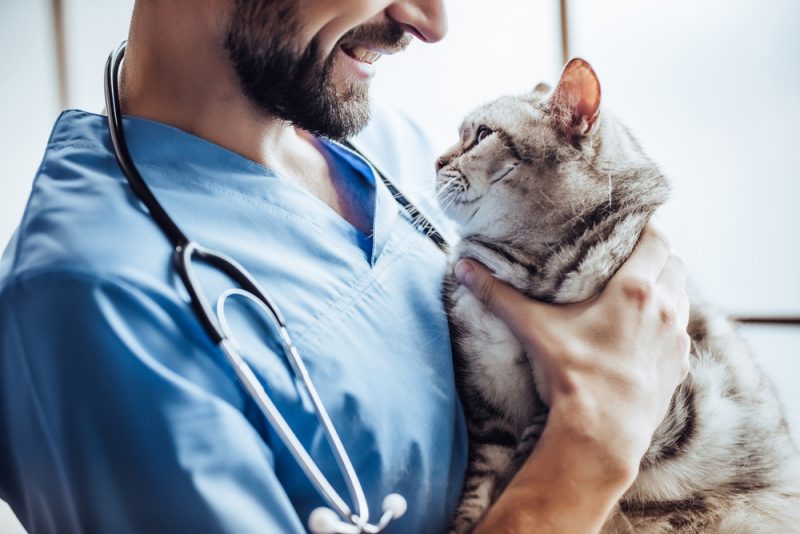

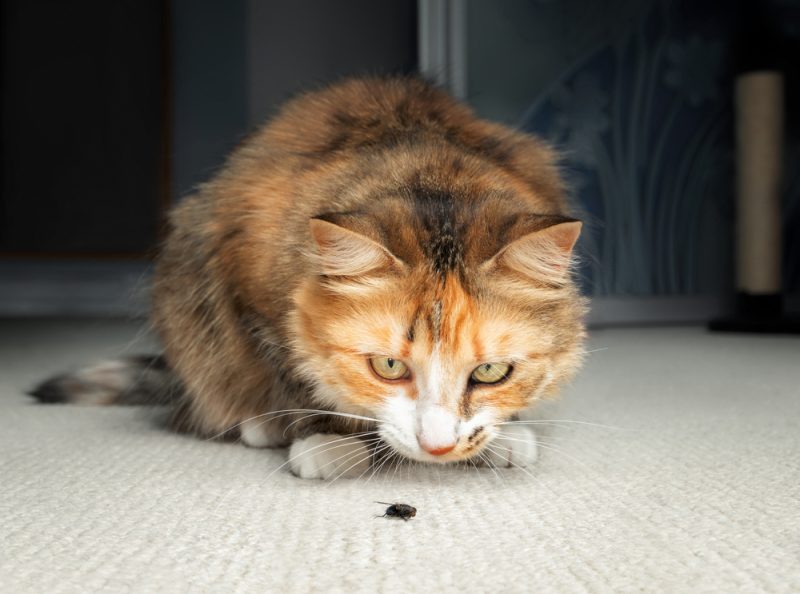
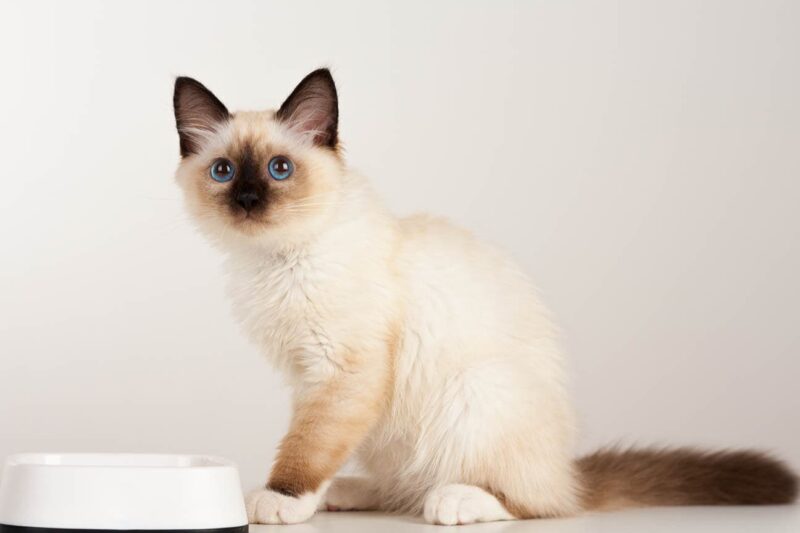

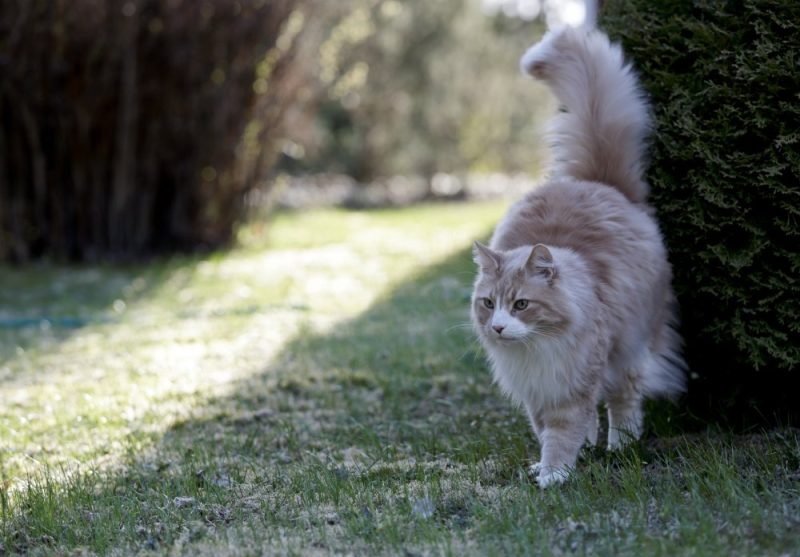
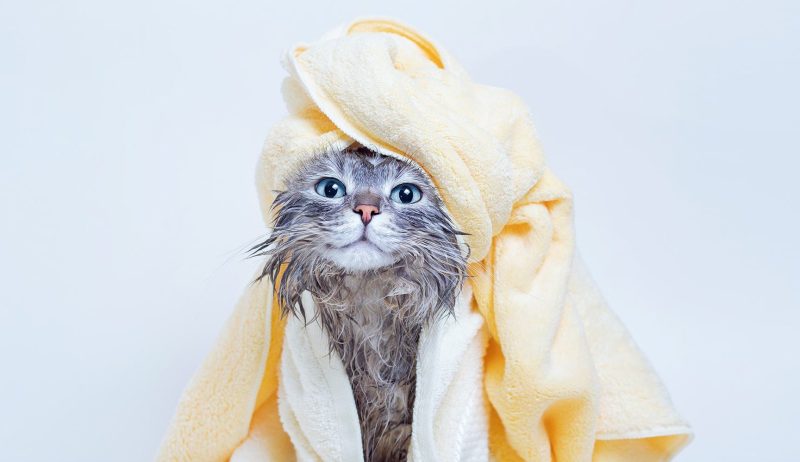
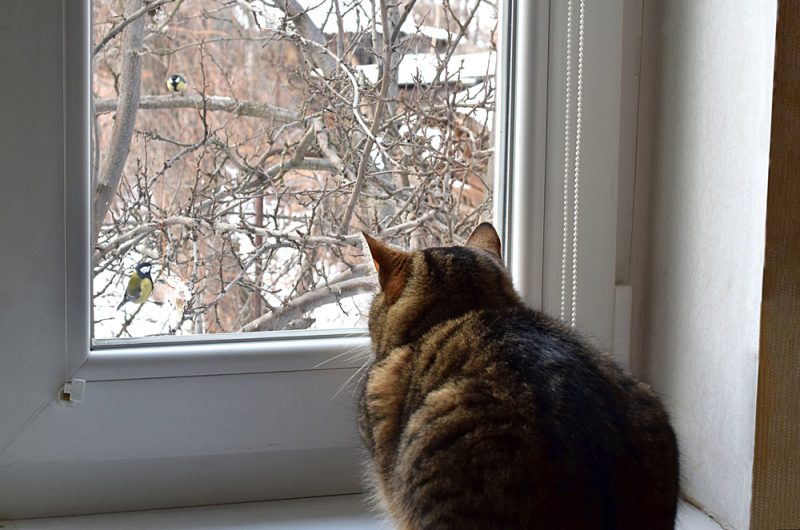

2 Responses
My 13 year old spayed female cat was just diagnosed with synovial carcinoma in the right back hock. No limping or obvious pain at this time. Because of her age, we have decided to not pursue amputation. I have read this article on CBD and am considering using this in advance for pain control. She has no other co-morbities and is not overweight. I am also wondering about a higher protein diet and herbal medications which may be beneficial. What factors and products should I be considering in her care.
Hi Penny, we are sorry to hear about your cat’s diagnosis, this kind of cancer is actually a very rare occurrence in cats, although in some cases it does not spread, and it is good news that your cat is not limping or in pain. At this point, your best bet is to speak to the veterinarian who diagnosed her to give you the best advice on alternative treatments and dietary changes. Although we know that not every conventional vet supports alternative treatments, in which case you can ask them to refer you to a holistic veterinarian. We sincerely hope you find the best help for your cat.